Hu Jinquan’s “Painted Skin: The Resurrection”: A Misunderstood Masterpiece?
In 1993, Hu Jinquan’s final cinematic offering, “Painted Skin: The Resurrection,” debuted to a chorus of disapproval. Critics, viewers, and film industry insiders shared a similar sentiment: disappointment. The film paled in comparison to Tsui Hark’s acclaimed 1987 film, “A Chinese Ghost Story,” failing to resonate with its intended audience. However, beneath the surface of perceived failure lies a complex spiritual narrative, particularly within the “Realm of Yin and Yang” governed by the Yin-Yang King and the symbolic “painted skin” donned by You Feng. Let’s explore this film and the director’s message.

The Genesis of a Vision
The 1980s witnessed a rise in Hong Kong and Taiwan of adaptations of “Strange Tales from a Chinese Studio,” but often tending towards softcore themes. Titles such as “Erotic Ghost Story,” “Reincarnation of Golden Lotus,” and “The Golden Lotus” garnered considerable popularity.
In 1991, Hu Jinquan, during an interview with Taiwanese journalist Zhan Changyu in Los Angeles, mentioned his ongoing work on a genuine “Strange Tales” adaptation.
This statement piqued the journalist’s curiosity. Hu emphasized that his film aimed to distinguish itself from its contemporaries. Specifically, he envisioned delivering an authentic “Strange Tales” experience based on the “Painted Skin” narrative. With dedication, Hu commenced scouting filming locations across mainland China to find evocative scenery appropriate for the story. The vast landscapes suited his vision.
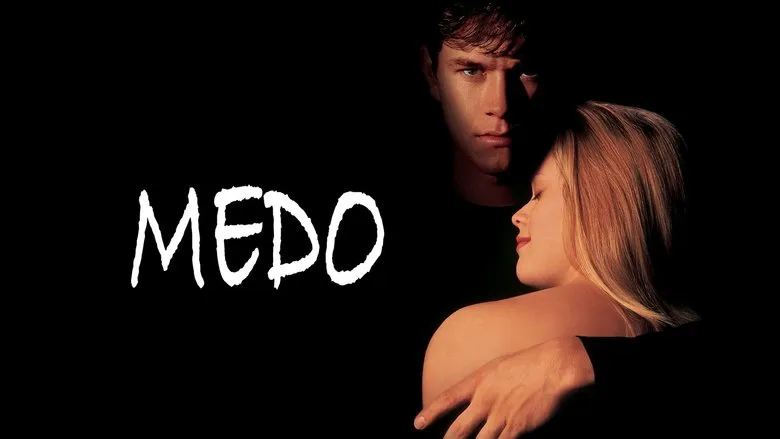
True to Hu’s initial intentions, "Painted Skin: The Resurrection’ showcases the grandiosity of the snowy Wutai Mountain and the grim solemnity of Ming Dynasty tombs. At that point, mainland screenwriter Zhong Acheng happened to be in Los Angeles as well, who shared ideas with Hu on regular occasions.
Hu Jinquan, born in Hebei Province, spent his childhood in mainland China, travelling in Hong Kong, Taiwan, and the West. He stated that people like him was similar to the person being caught by the Yin-Yang King: unable to enjoy happiness in the world and unable to return to the underworld to suffer. You Feng, the female ghost who roams between reality and the afterlife, embodies the mindset and struggles of the overseas Chinese scattered far and wide.
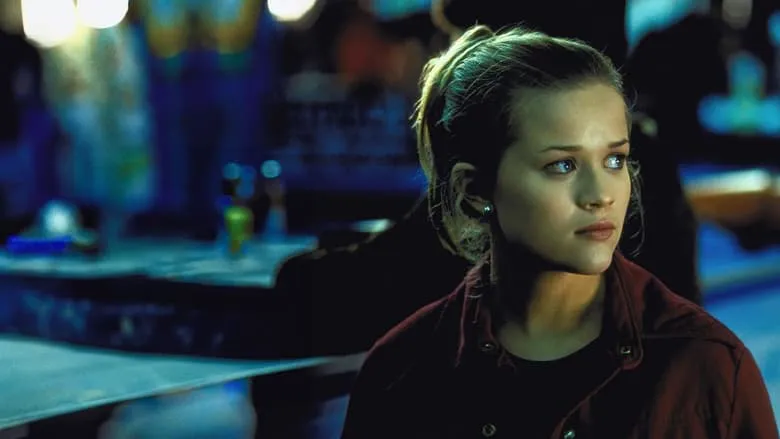
Acheng and Hu Jinquen’s script expanded on the use of “painted skin,” serving as both an instrument for You Feng under the mercy of the Yin-Yang King, but also a means to maintain control.
The movie primarily chronicles You Feng’s plight, who escapes with the help of Wang Sheng, Zhang Daoling, along with his brother, and Taiyi. The narrative reveals Hu’s deep sense of patriotism and the affection he holds for Chinese culture.
Exploring the Themes of Desire and Valor
Hu Jinquan infused a kind of poetic quality into his movies, offering it an elevated position.
In the beginning, Adam Cheng as Wang Sheng rides donket through the snow and starts picking off the stars.
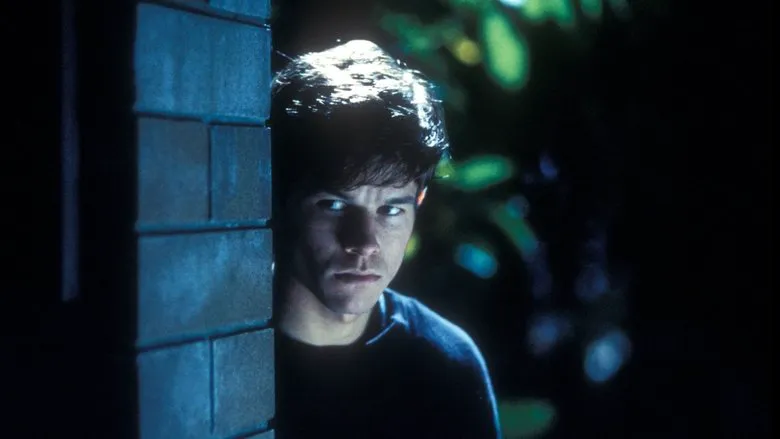
The movie transitions to a brothel full of pipa and zither. The scenes also showcased the garments and ink paintings of the past.
Adam Cheng, bearing a fair complexion and graciousness, conceals the crisis underneath this setting. Shortly after Wang Sheng slightly loses himself in the brothel, and when a zither string breaks, Wang chooses to leave. The director then depicts the courtesan by conveying: “Big talk, small money” to mock the scholars.
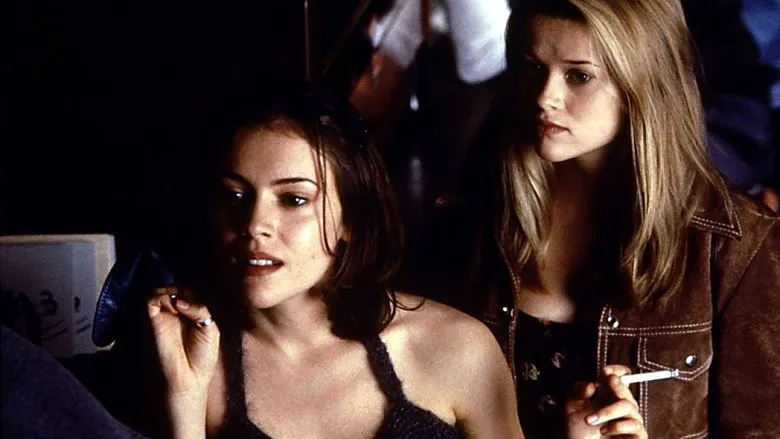
As Wang Sheng leaves the premise, he stops by a street vendor who claims to “invigorate the body and nourish the kidneys.”
Unbeknowst to him, it was the old Taoist priest played by Wu Ma, where Wang Sheng was being scared by a mere illusion.
The show might not have taken off and might have concluded right there if Wang Sheng did not come to acquaintance with You Feng, who roams an abondoned alley.
Joey Wang embodies the sorrow and resentment held from “A Chinese Ghost Story.” Out of lust, Wang Sheng aims to make the female ghost one of his concunbines.
“Lust” overcomes “courage,” subtly satirizing Confucian society.
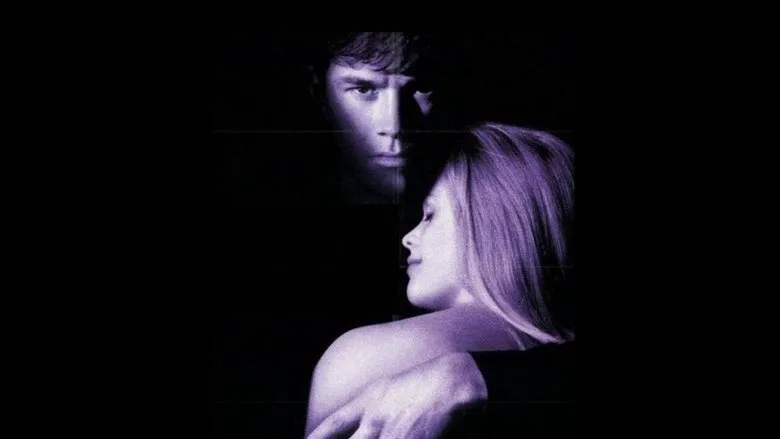
In contrats to Nie Xiaoqian’s flirtatious portrayal and lightweight appearance, You Feng displays grace, with no signs of frivolity. You Feng’s painted skin symblizes temptation.
Wang Sheng surrenders to his primal urges, reflecting the complexity and contradiction to the Hong Kong people
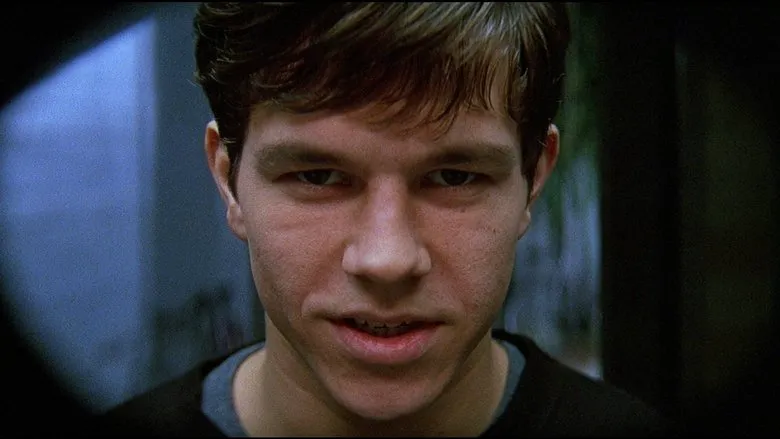
Representative of the scholar and educated class, Wang Sheng reveals grand ambitions but lacks any practical actions. Towards the latter section, Yin-Yang King inhabits Wang Sheng, successfully combining both man with demon. Wang Sheng seeks pleasure with women, the King makes demons and ghosts cultivate sentiments. A satire unprecedented in history.
Examining Loss
The storyline of “Painted Skin: The Resurrection” remains simple. Subsequent to leaving the residence, You Feng seeks assistance from Zhang Daoling with his brother. Together, they meet Taiyi at a peach forest.
The location acts as a paradise, symbolizing a beautiful utopia, but also representing a means of rebirth. During the fight between good and evil, the garden is consumed. Allegoric of birth via flames, reflecting the director’s contemplation of humanity and its future.

During their pursuit in finding Taiyi, they encounter Lam Ching-ying. The character appears righteous, leading them directly towards the ambush. During the encounter, a brother’s death was caused by a artifact given to him. You Feng and Zhang Daoling were eventually rescued by Taiyi.
The demons wear the robes of government officials, the Daosists seem powerless. Possessing numerous weapon and magical capabilities to combat ghosts, the Daosists could not go up against human laws.
In the film, Wang Sheng, Taoist priest, as well as the demon king want to take power of You Feng.
Wang Sheng pursues You Feng out of lust
The King pursues You Feng to dominate both worlds.
The priest, aiming to restrict You Feng from being depraved
Even immortal Taiyi aims to utilize You Feng to immortality
Regardless of You Feng’s choice, she is stuck in a predicament. **She is like a walking “Nine Yin Manual” , stirring conflict.
Unfortunately the film’s character was badly executed with the fighting choreography, and the primitive sets lead to its downfall.
By the time of 1993, the audiences had been developing towards visual feats.
“Painted Skin: The Resurrection” pulled off show within six days, racking 310,00HKD. Intending to be Hu’s magnum opus, the film did not leave a remark in people’s hearts.